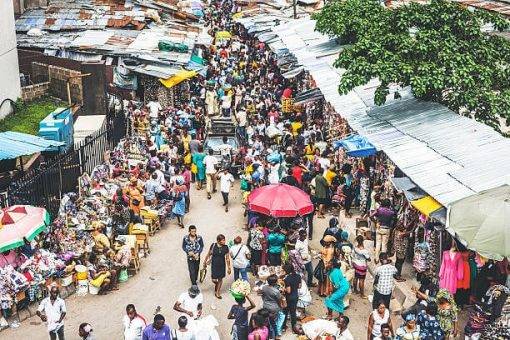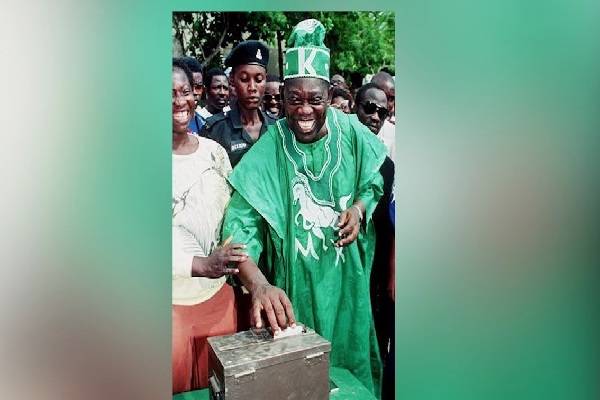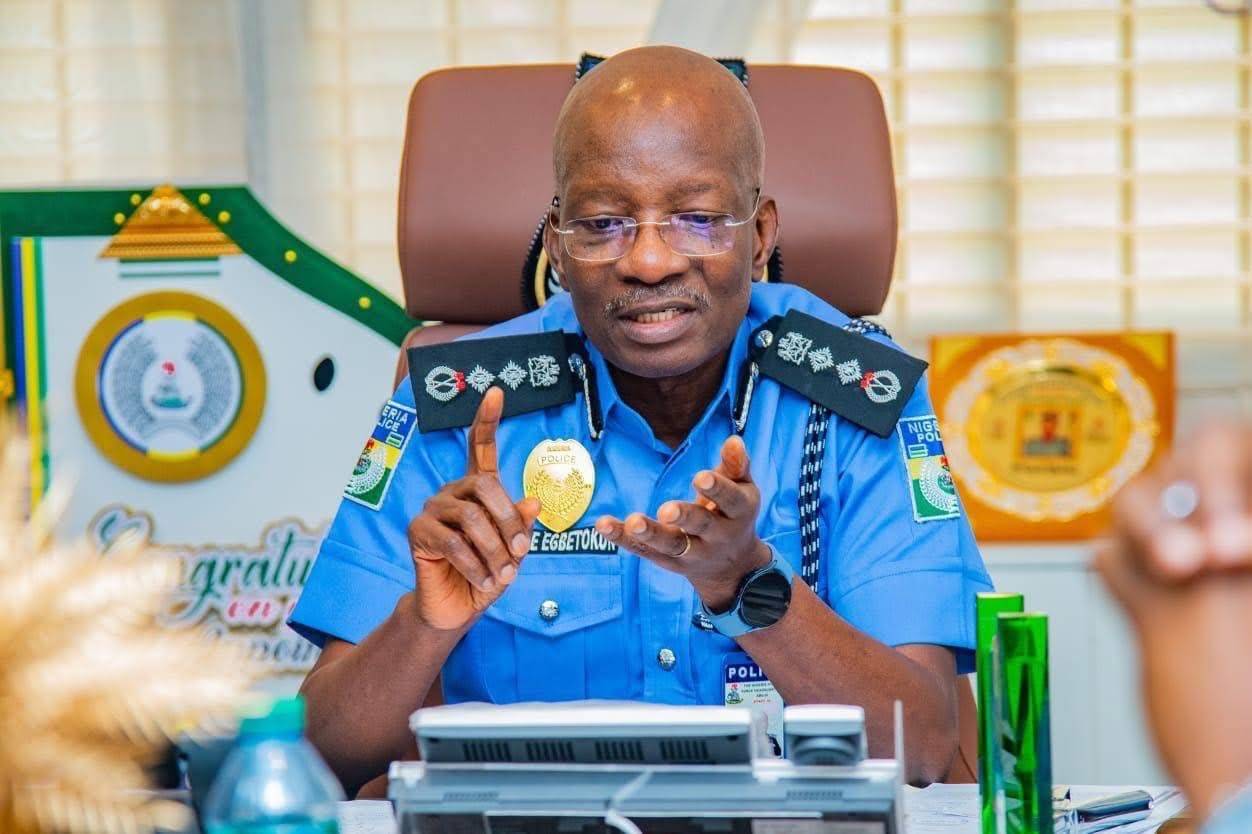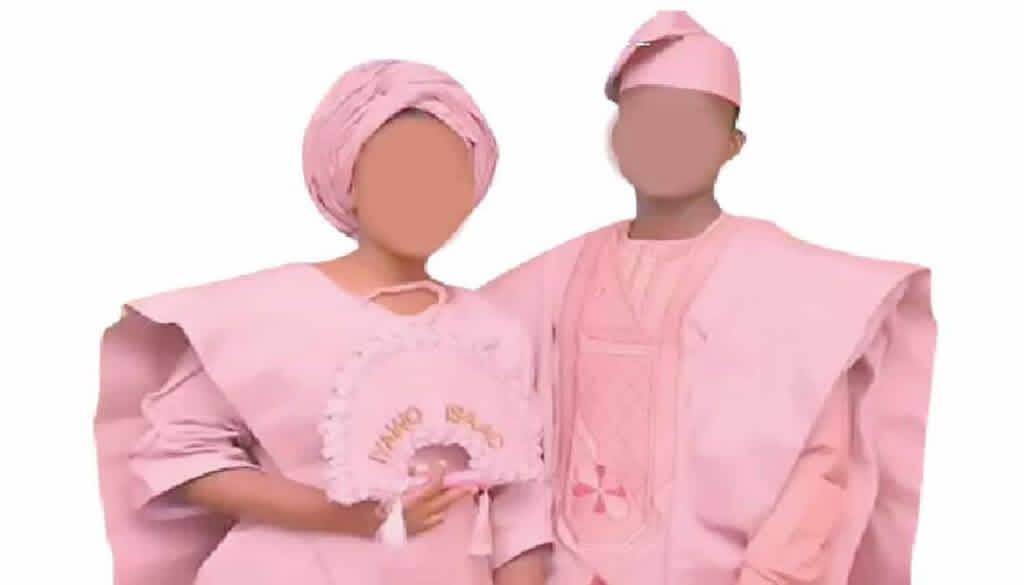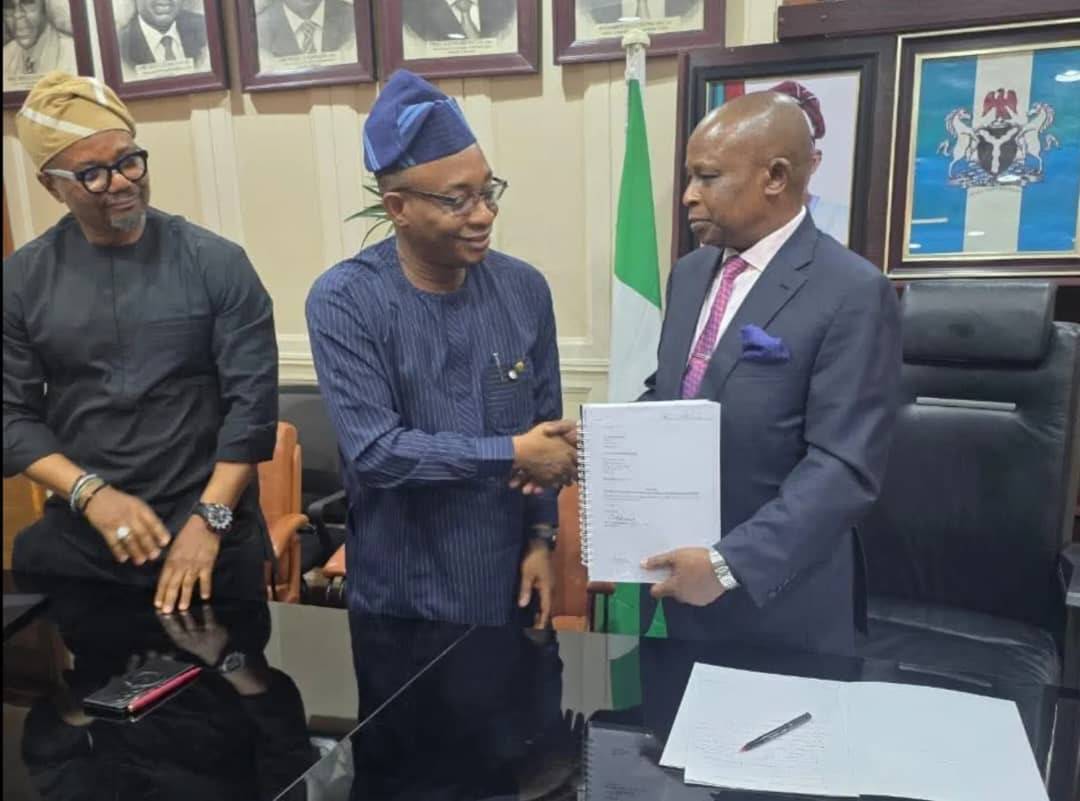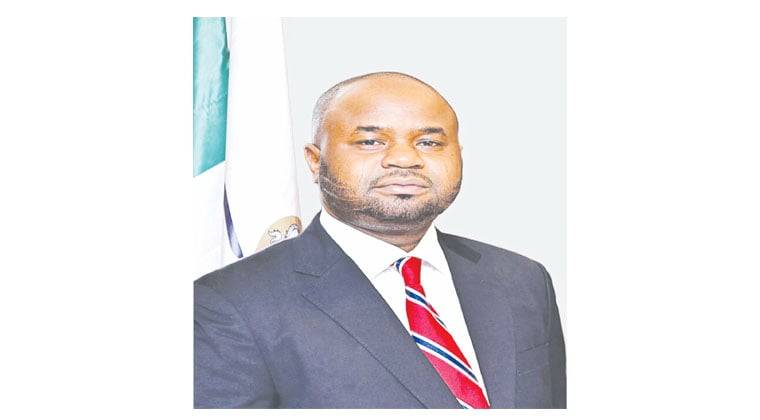It is amazing how much time and effort Nigerian leaders spend on the revolving doors of who will be chief of state and the ethnicity of the person and little thought of the resources in the hands of those who are charged with affairs of state and the provisions for the citizens of the country. It seems that what is important for the so-called leaders of our country is state capture by those at the top while the development of the country is kicked forward to the future.
All the news one hears is the plotting against the president using all means available including regional, ethnic and religious slurs to damage those at the top of government without caring for the irreparable damage caused to the individual concerned and the whole country itself as long as their goal of pulling down government edifice is concerned.
The people doing this were either those in the 16-year dominance of the PDP or those who were in government for eight years under President Muhammadu Buhari and who just exited positions of power two years ago and who have been shoved aside just for two years, and whose insatiable appetite for resources and power need to be satiated.
These people forget that they do not own Nigeria and that this country belongs to all of us and not just to a regional and religious clique and their satraps. Most of these people also served in the various military governments preceding the so-called civilian government beginning in 1999 which was really a militarised civilian government. These people do not care about the future of the country.
They have no economic plan for the future of the economy coming after the end of the petroleum and gas economy which the country has been enjoying since 1970. It is either they are too dull or stupid or just don’t give a damn as long as they get power and loot whatever is left of the economy and the future of Nigeria.
Whatever we may say about the military governments of General Yakubu Gowon and his military successors, they had plans for the future of Nigeria.
Before the military take-over of Nigeria in 1966, our country had well thought-out development plans and manpower plans to go with them. The civilian government only had six years to implement its plans before it was overthrown. Some of its plans were a carryover from regional plans which were well thought-out and based on the comparative advantages of the regions in agricultural produce of cocoa and timber in the West; palm oil in the East, and groundnuts and hides and skin in the North.
Petroleum production was at its infancy then. There was coal in Enugu and cement at Nkalagu in the East, tin and columbite production in the North and the West seemed to thrive on agricultural produce of cocoa, rubber and timber even though there was gold in one or two places but they were not significant in production.
All the regions including the newly created Midwest Region relied on their agricultural boards for planned development. When prices of their agricultural produce were high, the excess price was saved and when prices fell, the various boards were able to pay reasonably good prices that would not destroy the agricultural economy. When the military took over in Nigeria in 1966 and despite having to fight to keep the country together for three years, it kept the marketing boards. From 1970 when the war ended and oil began to flow in large quantity and Nigeria became an oil economy and it abandoned the marketing boards, it replaced them with the petroleum oil marketing boards, gas production board and fertilizer production company. The military also set up car and trucks assembly plants with Mercedes Benz in Enugu, Volkswagen in Lagos, fiat in Kano, Rover in Ibadan and Peugeot in Kaduna, and batteries, windshields-making in Ibadan, and agricultural ploughs and army tanks in Bauchi and manufacturing of rifles and even trainer aeroplanes in Kaduna, and above all, steel and iron and aluminium complexes in Ajaokuta and Ikot Abasi respectively.
The military was responsible for roads and flyover construction in Lagos and building of the military training institutions in Abuja, Kaduna and a strategic training institution in Kuru as well as military barracks and several universities and polytechnics. I am not saying the military did an excellent job in the years of their monopoly rule because corruption was rife but they left landmarks for the eyes to see!
Thank God for President Tinubu who seems determined that his civilian regime will leave landmarks marks behind in the Lagos-Calabar express road and the Badagry-Sokoto express road. He should be encouraged to complete these two projects because on their completion the civilian landmark depends. If only for these two landmarks he deserves to be re-elected in 2027. I personally feel it is too early to start campaigning for 2027 when the present regime still has two years to go. The creation of regional commissions, which I hope are precursors of the regional governments many have been campaigning for, should be seen as the way to create weaker central government away from the present octopus and leviathan in which power is concentrated in one centre to which all states run to for support is just not sustainable nor equable.
One man cannot be expected to use too much power judiciously without stepping on the toes of others. We must constitutionally work for a system where power is diffused and politics is decentralised and all the political squabbling and fighting are localised and therefore not as destructive as they are today.
We need a decentralised economic system run by forward looking people probably made up of technical experts chosen by politicians but not bogged down by the revolving doors of who is in or who is out of power. This system must be headed by a transparently honest men, surrounded by other visionary people who will think more about the people and their future and not the pockets of the politicians who need help to be satisfied with what they have already rather than hankering after what they honestly don’t need for which they want to kill or be killed. This is a country where the economic path to growth is confusing; it cannot be socialism or state capitalism because we have tried it in the past and failed. We do not have too many people with capital to embrace capitalism as the system of economic growth unless we go with the South Korean way whereby the state deliberately creates a group of capitalist companies which then help build the country’s economy and which are beholden to the country. Whatever economic plan we adopt must be debated before adoption. This is the serious task before the nation and not the political noise we usually engage in.
Culled from The Nation


